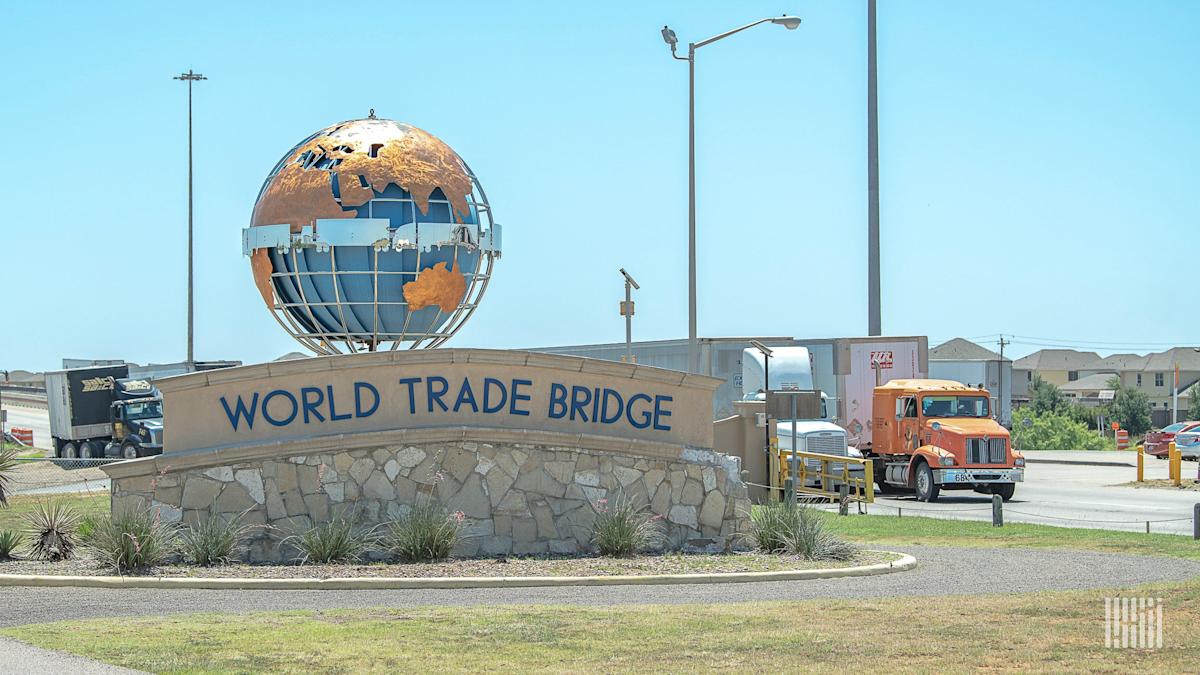Uber Freight bets on cross-border growth as trade surges 21%
Borderlands Mexico is a weekly rundown of developments in the world of United States-Mexico cross-border trucking and trade. This week: Uber Freight bets on cross-border growth as trade surges 21%; GE Aerospace to Invest $29M in Mexico Expansion; and Binary Container Logistics expands with major Texas lease.
JACKSONVILLE — Uber Freight is deepening its imprint in Mexico, integrating customs, brokerage, and transportation services to help shippers navigate a fast-changing trade environment, according to Jesús Ojeda, the company’s head of Mexico operations.
“One of the advantages that we have is we digitalize everything, and we have visibility at the border, which has traditionally been the black hole,” Ojeda said in an interview at Uber Freight’s Deliver 2025 conference on Tuesday. “Customers can see every document, every check, every step in the same system.”
Deliver 2025 was held in Jacksonville, Florida, from Monday through Wednesday. About 200 shippers and industry experts attended keynote addresses, workshops, demos, and networking sessions exploring where the freight industry is headed and how companies can prepare.
Join the leaders shaping freight’s future at
F3: Future of Freight Festival, Oct 21-22.
Network with the industry’s best and discover what’s next.
Ojeda said Uber Freight’s end-to-end approach is resonating with customers across segments — from large enterprises to mid-market and small businesses — as cross-border logistics grows more complex.
“Every day there are different requirements in Mexico and the U.S.,” Ojeda said. “As soon as we update our systems, we can react in real time and help customers avoid extra duties or delays.”
Mexico has surged to the top spot as America’s leading trade partner, driving $74.4 billion in cross-border commerce in July alone, according to the Census Bureau. So far this year, U.S.-Mexico trade has jumped 21% to $507 billion, outpacing 2024 levels.
Ojeda noted that Mexico’s shifting trade rules — including new tariffs of up to 25% on certain imports — are pushing manufacturers to localize production in Mexico to comply with rules of origin requirements in the United States-Mexico-Canada-Agreement USMCA.
“International commerce becomes more complex now because of the USMCA rules of origin,” Ojeda said. “As a broker, but also as trade compliance advisors, we should make sure that the exporters and the importers are in compliance. We review every document in order to confirm that everything is compliant with the regulations. The idea is to treat the shipment as domestic and help the customers to avoid any extra delays at the border because of the situation.”



Leave a Comment
Your email address will not be published. Required fields are marked *